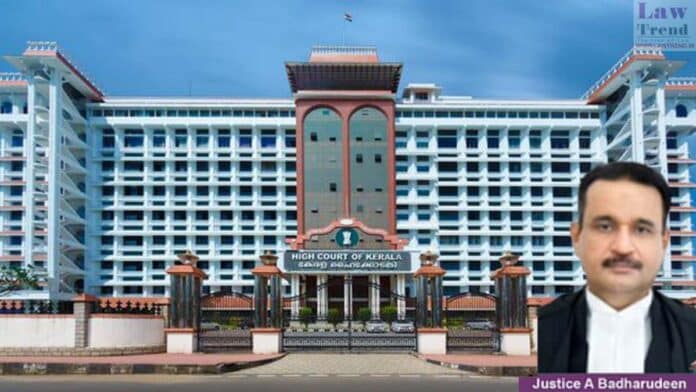The Kerala High Court, in a detailed judgment delivered by Justice A. Badharudeen on November 15, 2024, held that acts of body shaming by a sister-in-law constitute “cruelty” under Section 498A of the Indian Penal Code (IPC). The court clarified that mental harassment is sufficient to invoke the provision, even in the absence of physical
To Read More Please Subscribe to VIP Membership for Unlimited Access to All the Articles, Download Available Copies of Judgments/Order, Acess to Central/State Bare Acts, Advertisement Free Content, Access to More than 4000 Legal Drafts( Readymade Editable Formats of Suits, Petitions, Writs, Legal Notices, Divorce Petitions, 138 Notices, Bail Applications etc.) in Hindi and English.




